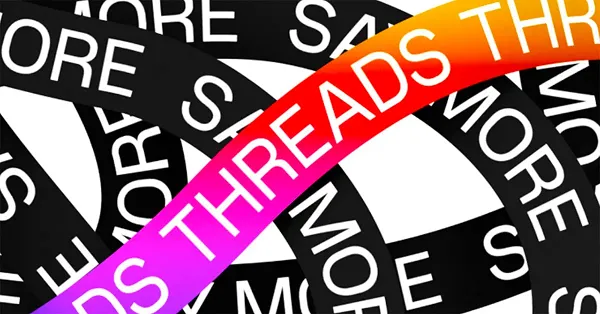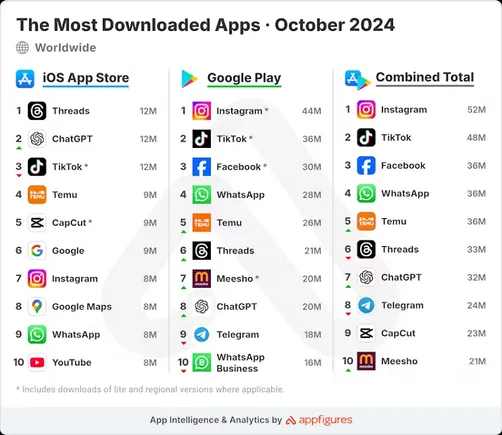Good news for social media managers, and a potentially significant update for Threads engagement overall, with Meta’s Twitter-like platform now live testing its API with selected partners, enabling, among other things, post scheduling in the app.
As explained by Jesse Chen, an engineer working on Threads, the Threads team has now partnered with a range of third party platforms on the first stage of live testing for its API, which has been in development for the past few months.
As per Chen:
“The API currently enables users to authenticate, publish threads, and fetch the content they posted through these tools – and soon, we will enable reply moderation and insights capabilities. We are now testing with a small number of partners – Grabyo, Hootsuite, Social Newsdesk, Sprinklr, Sprout Social, and Techmeme – as well as a few independent developers.”
Which obviously opens up a range of new possibilities, including, as noted, post scheduling, which will enable brands and publishers to more easily manage their Threads presence (and subsequently become more active in the app), while the addition of analytics will also provide more ways for businesses to focus on Threads engagement, and make it a bigger focus.
Of course, Threads doesn’t necessarily want brands to come in and clutter up the conversation, as it’s focused on building a more engaging, friendlier version of what Twitter had eventually become. But it also needs to maximize its content avenues in order to grow, and considering that the vast majority of content on Twitter comes from only a small sub-section of users (20% of Twitter users create 100% of the content), it makes sense that Threads would also need to facilitate more posting pathways wherever it can.
But it remains hesitant on how it implements such features.
Already, the Threads team has resisted several common growth pathways in this respect, like chronological search, and Trending Topics, which Threads chief Adam Mosseri says could both open the app up to more spammers and scammers.
Based on the lessons that Meta’s learned from Facebook, where divisive politics became a significant annoyance for many, Mosseri and Co. are seeking alternate approaches to facilitating Threads growth, which also means being careful with the roll out of tools like the Threads API, in case bad actors get a hold of them and start pumping in endless streams of junk.
It’s not clear whether Threads will be able to avoid such, as the more audience reach it provides, the more scammers are going to target it either way. But maybe, if the Threads team can tread carefully, there could be a way to limit negative elements, and make Threads a more positive space.
Which is the overarching aim, whether Twitter cast-offs like it or not.
Last October, when outlining his plan on how to grow Threads into the next billion-user app, Meta CEO Mark Zuckerberg noted that:
“I’ve thought for a long time there should be a billion-person public conversations app that is a bit more positive. I think that if we keep at this for a few more years, then I think we have a good chance of achieving our vision there.”
Which is why Threads is looking to go about things differently.
So while some have been annoyed that Threads hasn’t added Lists, or regular hashtags, or that it’s actively looking to limit political discussion in the app, the thing is, Threads isn’t actually trying to be the Twitter replacement that you want.
It’s trying to be something different, in alignment with emerging usage behaviors, which is also why Mosseri is proposing things like auto-archiving posts after 30 days, despite users clearly not wanting such.
Because the thing is, what people think that they want, and what they actually spend time doing, are often very different.
Facebook users, for example, have long complained about the News Feed algorithm ruining the user experience, but it’s actually increased in-app engagement significantly over time. Instagram users have complained because posts from profiles that they follow are being pushed out of the main feed in favor of AI recommended content, but IG engagement actually increased by 6% over the past year as a result of those AI highlights.
Sometimes, the noisy minority don’t reflect what actually drives growth, and in many ways, Threads feels like an experiment based around this very fact, with its cautious approach to more common features, like its API, exemplifying how Meta’s looking to test its various theories on this front.
Will that work out in the end? We’ll have to wait and see, but clearly, the Threads team is taking a different approach to what many would expect.
But philosophical approaches aside, you can now schedule Threads posts in some management apps, which is a big bonus for social media managers.
The Threads team says that it’s aiming for a broader launch of its API “by the end of June”.










